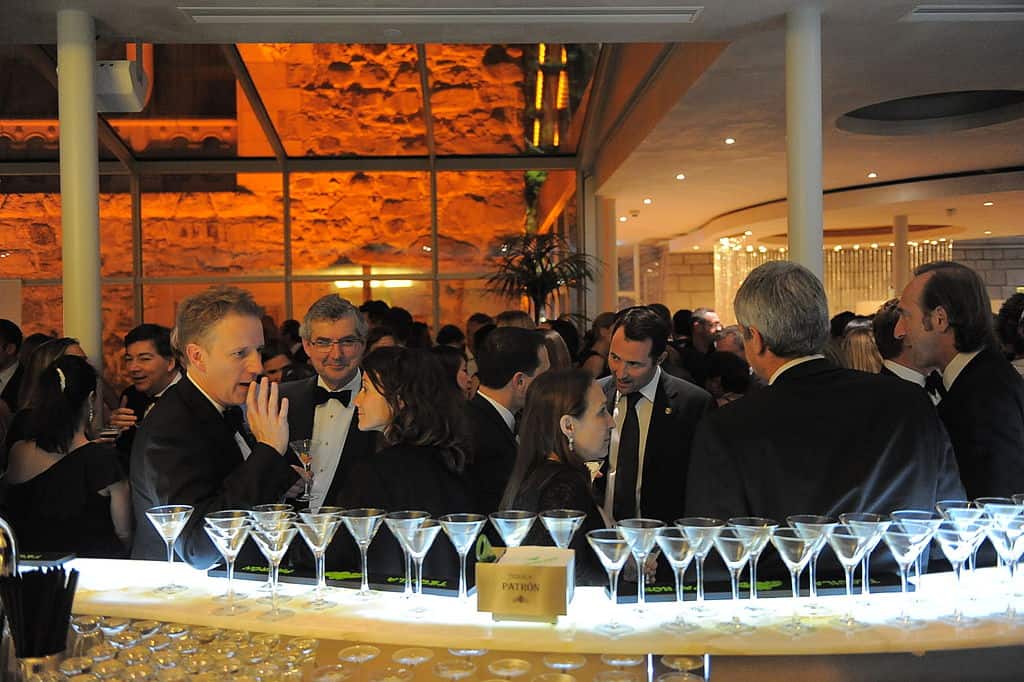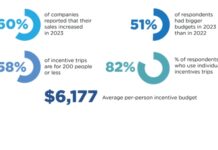
New research from the Incentive Research Foundation finds that planners are often left on their own to develop their incentive programs, often using soft measurements and trial and error to judge their success.
The IRF’s 2019 Voice of the Market: The Use of Non-Cash Rewards & Recognition reached out to 45 incentive program owners representing a broad cross-section of the U.S. business market and a range of non-cash reward and recognition programs. Respondents spent anywhere from $25,000 to millions of dollars annually on programs that included one or more of the following types of rewards: travel, award points, merchandise, gift cards, and branded items.
The study found a striking number of respondents who do not use incentive companies to help design their programs and a need for more education and information to help them in this role. Here are a few of the findings:
Home-Grown
Most companies begin their use of incentives with home-grown reward and recognition programs. Over time, program owners develop a strong understanding of how to motivate and influence their target audiences by trial and adaptation.
Test and Learn
Through a “test and learn” approach, their programs have improved over time, with feedback from executives and participants alike informing future program design.
Soft Measurements
The primary success indicator used by program owners is the energy and enthusiasm of the participants. The ability to “get people talking” is a paramount achievement, regardless of the type of incentive program or reward. While imprecise and perhaps easily dismissed by advocates of more stringent techniques, it is a universal ambition among program owners and the ultimate representation of the true goal of these programs—to fully engage an audience in a unified objective.
Word of Mouth
Program owners’ preferred method of learning by far is “word of mouth.” There is immense interest in talking to other companies and exchanging approaches and ideas. In the absence of external networks, program owners talk to peers and participants within their own company to develop new ideas and improve program design and execution.
In the End, Successful Outcomes
Program owners are largely unaware of the incentive industry and the services and expertise available to them therein. While they have had to stretch to learn how to apply for reward and recognition programs most effectively within their organization, there is a strong sense that they have successfully accomplished what they were tasked to do. Hard-won expertise combined with the ongoing success of their programs creates a level of satisfaction with the status quo.
DON’T MISS THESE RELATED ARTICLES
A Chat With Creative Group’s Melissa Van Dyke
3 Behavioral Economic and Neuroscience Findings to Improve Incentive Travel
5 Takeaways from the Incentive Travel Industry Index










